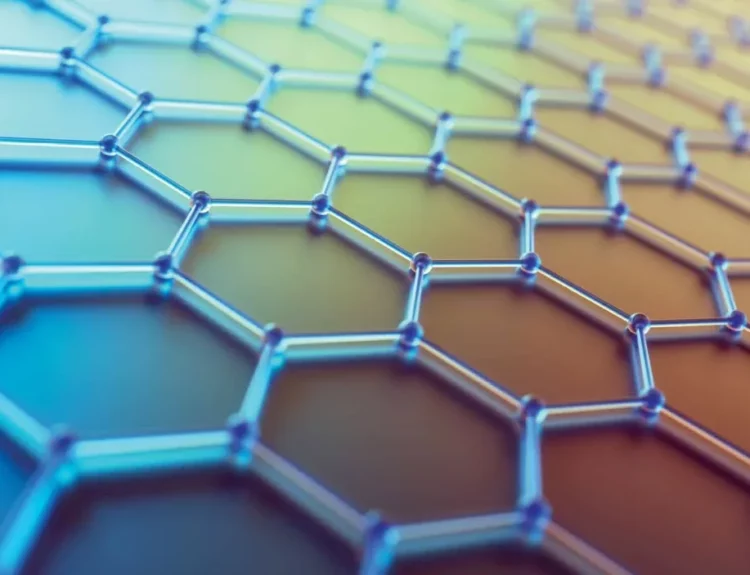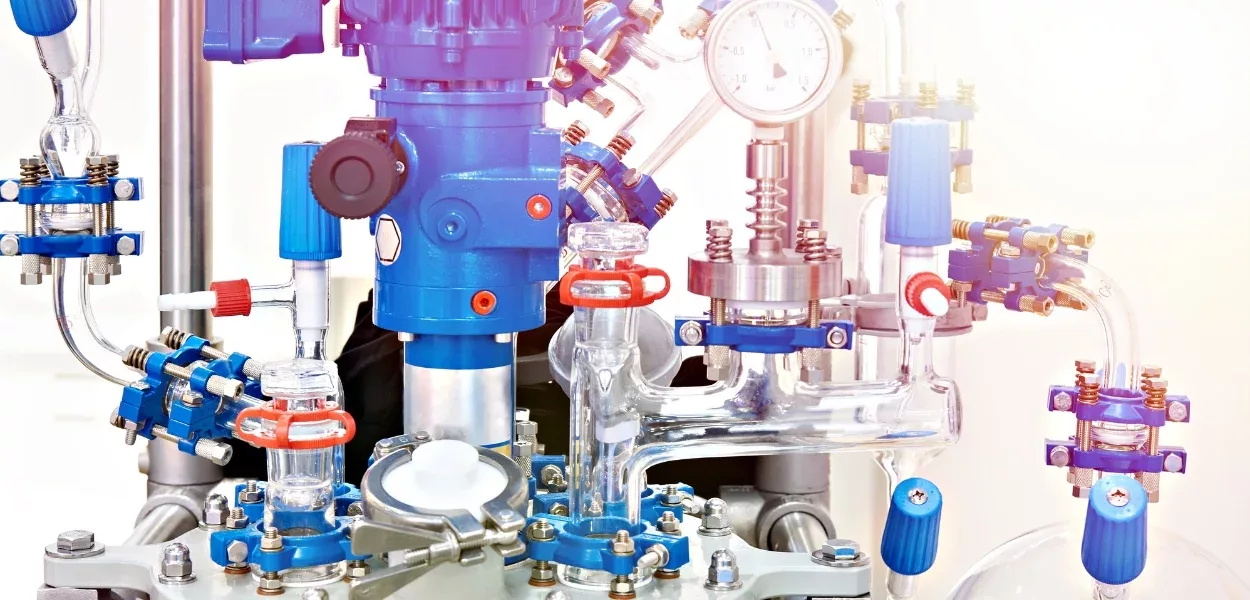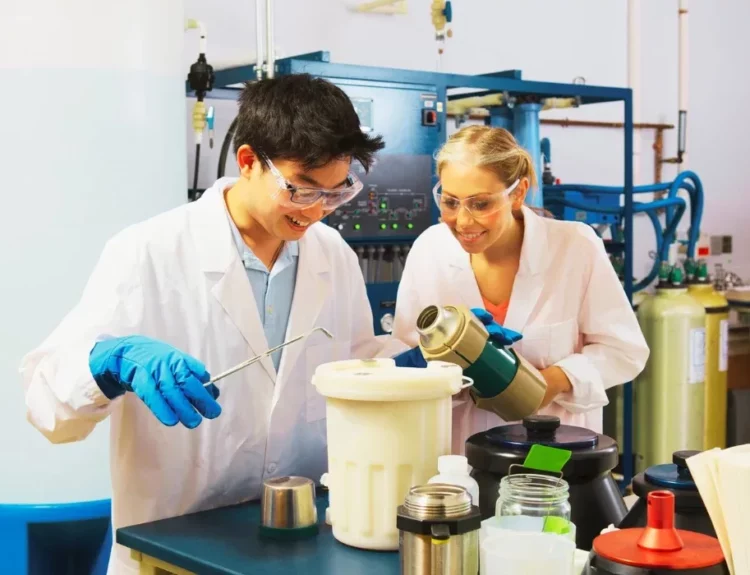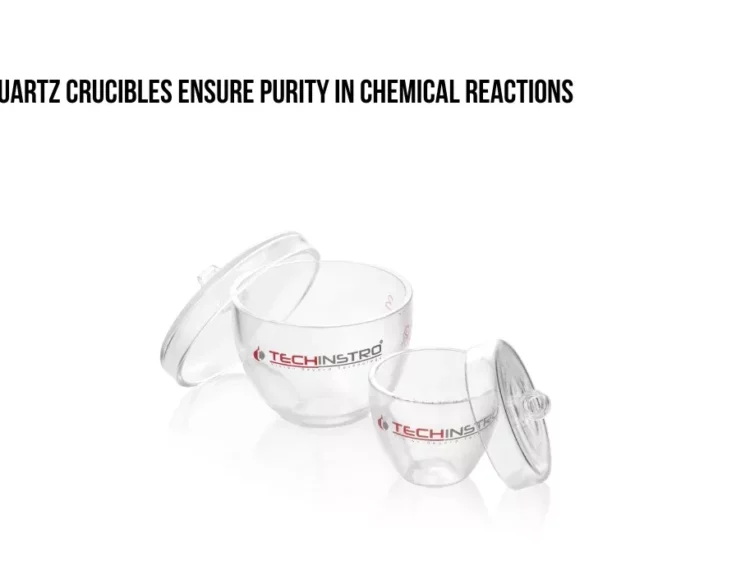In the fascinating world of chemical synthesis, where scientists mix and match atoms to create new substances, high-pressure reactors are like the secret sauce. These powerful devices play a vital role in making all sorts of materials, from everyday plastics to life-saving drugs. Let’s explore high-pressure reactors and why they’re so important in synthesis, all in easy-to-understand language.
What is a High-Pressure Reactor?
Think of a high-pressure reactor as a super-strong, tightly sealed pot that can handle intense pressure and heat. It’s much more advanced than any pressure cooker in your kitchen. High-pressure reactors are designed to withstand and maintain conditions beyond normal atmospheric pressure and temperature. This capability is essential for carrying out specific chemical reactions that wouldn’t happen under normal conditions.
The Role in Synthesis
- Creating New Reactions: Some chemical reactions only occur, or occur much faster, under high pressure. High-pressure reactors make these reactions possible, opening the door to creating new substances and materials.
- Improving Efficiency: By increasing pressure, high-pressure reactors can speed up reactions. This means that products can be synthesized more quickly, which is excellent for meeting high demand or reducing production times.
- Enhancing Quality and Yield: The controlled environment of a high-pressure reactor can lead to better quality products and higher yields. This means you get more of what you want from each reaction and less of what you don’t.
- Enabling Green Chemistry: High-pressure reactors can sometimes allow reactions to occur in water or other environmentally friendly solvents instead of harsher chemicals. This makes some processes cleaner and greener.
Applications in Various Fields
- Pharmaceuticals: High-pressure reactors are used to synthesize complex molecules for medications. This method can lead to purer substances, which is critical in pharmaceuticals.
- Materials Science: They are crucial in creating new materials, like advanced polymers and nanomaterials, which have applications in everything from electronics to aerospace.
- Research and Development: High-pressure reactors are critical tools in research labs where scientists explore new reactions and materials.
Advantages of Using High-Pressure Reactors
- Controlled Conditions: They offer precise control over pressure and temperature, which is vital for specific chemical reactions.
- Versatility: This can carry out a wide range of reactions, making them invaluable in many fields.
- Scale-Up Capability: Reactions proven successful in small high-pressure reactors can often be scaled up for more significant production, which is essential in industrial applications.
Conclusion
High-pressure reactors might not be the most famous tools in science, but they are some of the most powerful. By pushing chemical reactions into new territories of pressure and temperature, they help us create materials and medicines that improve our lives in countless ways. As technology advances, the capabilities of these reactors will continue to expand, opening up even more possibilities in the exciting realm of chemical synthesis.







